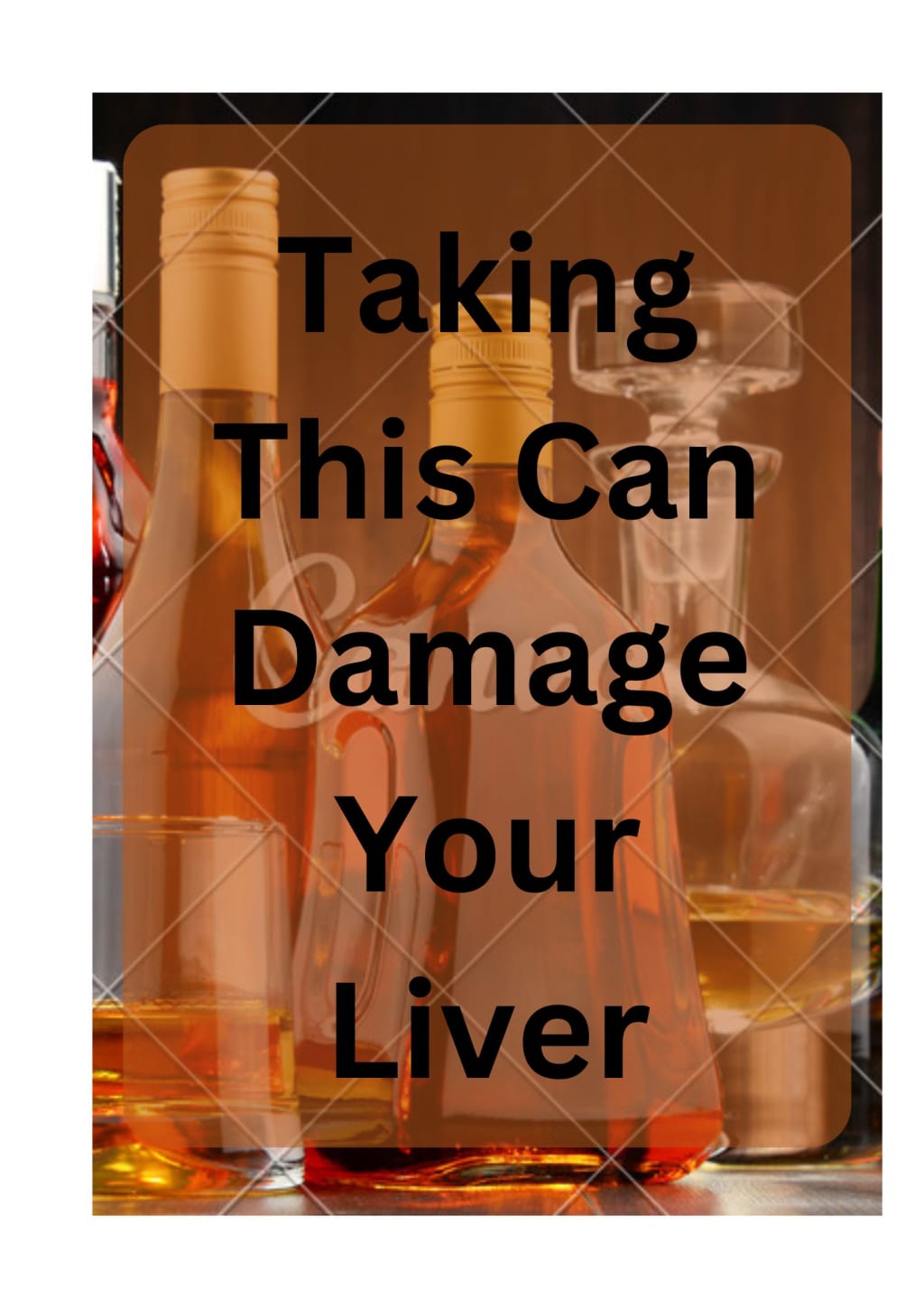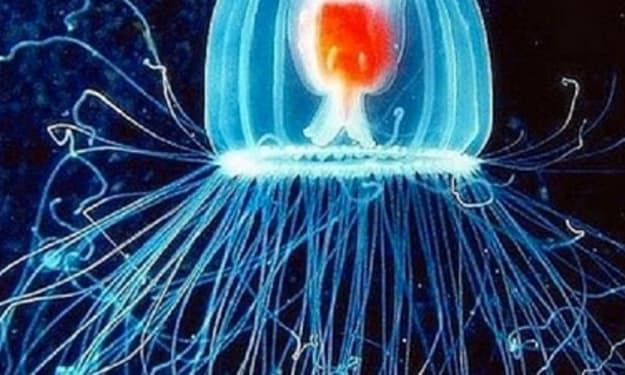Foods That Can Damage Your Liver: Limit or Remove from Your Diet
Foods That Damage Your Liver Limit or avoid alcohol, sugary foods and drinks, fried foods, processed meats, salty foods, red meat, refined carbs, high-fat dairy, trans fats, and excessive caffeine to protect your liver. These can lead to liver damage and fatty liver disease. #LiverHealth #HealthyEating #WellnessTips

Foods That Can Damage Your Liver: Limit or Remove from Your Diet
Maintaining liver health is crucial for overall well-being. The liver is responsible for detoxifying the body, producing bile for digestion, and storing essential nutrients. Consuming certain foods in excess can strain the liver and lead to damage over time. Here are some foods to limit or remove from your diet to protect your liver:
1. Alcohol
Alcohol is a major cause of liver damage, including fatty liver disease, hepatitis, and cirrhosis. Limiting alcohol intake is essential for liver health.
The Impact of Alcohol on the Liver
Alcohol consumption has significant and potentially devastating effects on the liver. Understanding these effects can help in making informed decisions about alcohol intake and maintaining liver health.
How Alcohol Affects the Liver
1. Metabolism of Alcohol
- When alcohol is consumed, it is absorbed into the bloodstream and processed by the liver.
- The liver metabolizes alcohol using enzymes, primarily alcohol dehydrogenase (ADH) and acetaldehyde dehydrogenase (ALDH).
- During this process, alcohol is converted into acetaldehyde, a toxic substance, and then into acetate, which is further broken down into water and carbon dioxide for elimination.
2. Fatty Liver Disease (Steatosis)
- Excessive alcohol consumption leads to the accumulation of fat in liver cells, a condition known as fatty liver disease or hepatic steatosis.
- This condition is the earliest stage of alcohol-related liver disease and is usually reversible with abstinence from alcohol.
3. Alcoholic Hepatitis
- Prolonged heavy drinking can cause inflammation of the liver, known as alcoholic hepatitis.
- Symptoms may include jaundice (yellowing of the skin and eyes), abdominal pain, nausea, vomiting, fever, and liver tenderness.
- Alcoholic hepatitis can range from mild to severe and can be life-threatening.
4. Fibrosis
- Continuous inflammation and liver cell damage lead to the formation of scar tissue, a process called fibrosis.
- Fibrosis impairs the liver’s ability to function properly and can progress even if alcohol consumption is reduced or stopped.
5. Cirrhosis
- Cirrhosis is the final stage of alcohol-related liver disease, characterized by extensive scarring and irreversible damage to the liver.
- Symptoms include severe jaundice, swelling in the abdomen and legs, confusion, fatigue, and increased risk of bleeding.
- Cirrhosis can lead to liver failure, which is often fatal without a liver transplant.
6. Increased Risk of Liver Cancer
- Chronic alcohol consumption and liver damage increase the risk of developing hepatocellular carcinoma (HCC), a primary form of liver cancer.
2. Sugary Foods and Beverages
Excessive sugar consumption, especially from sugary drinks like soda, can lead to fatty liver disease. High fructose corn syrup, commonly found in processed foods, is particularly harmful.
3. Fried Foods
Fried foods are high in unhealthy fats and calories, contributing to weight gain and fatty liver disease. Avoid deep-fried items like French fries, fried chicken, and doughnuts.
4. Processed Meats
Processed meats like bacon, sausages, and hot dogs contain high levels of saturated fats and preservatives, which can be harmful to the liver.
5. Salty Foods
High salt intake can cause fluid retention and high blood pressure, straining the liver. Limit processed foods, canned soups, and snacks high in sodium.
6. Red Meat
While red meat can be part of a balanced diet, consuming it in excess can lead to increased fat in the liver. Opt for leaner proteins like chicken, fish, or plant-based alternatives.
7. White Bread and Pasta
Refined carbohydrates, such as white bread and pasta, have a high glycemic index, leading to rapid spikes in blood sugar. This can contribute to fatty liver disease over time.
8. High-Fat Dairy Products
Full-fat dairy products like cheese, butter, and cream are high in saturated fats, which can increase liver fat content. Choose low-fat or fat-free alternatives when possible.
9. Trans Fats
Trans fats, found in many baked goods, margarine, and fast foods, can increase liver fat and inflammation. Check food labels and avoid products with partially hydrogenated oils.
10. Excessive Caffeine
While moderate coffee consumption can be beneficial, excessive caffeine intake from coffee, energy drinks, and certain medications can stress the liver.
Conclusion
Protecting your liver involves making mindful dietary choices. Limiting or removing alcohol, sugary foods and beverages, fried foods, processed meats, salty foods, red meat, refined carbs, high-fat dairy products, trans fats, and excessive caffeine from your diet can help maintain liver health. Focus on a balanced diet rich in fruits, vegetables, lean proteins, and whole grains to support overall wellness. Always consult with a healthcare professional for personalized advice.
About the Creator
Enjoyed the story? Support the Creator.
Subscribe for free to receive all their stories in your feed. You could also pledge your support or give them a one-off tip, letting them know you appreciate their work.






Comments
There are no comments for this story
Be the first to respond and start the conversation.